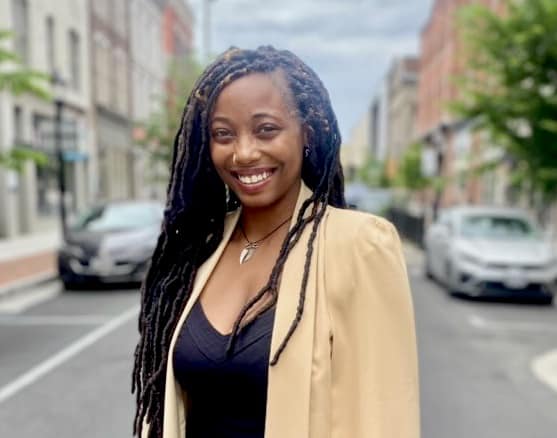We recently connected with Amber Green and have shared our conversation below.
Hi Amber, so excited to talk about all sorts of important topics with you today. The first one we want to jump into is about being the only one in the room – for some that’s being the only person of color or the only non-native English speaker or the only non-MBA, etc Can you talk to us about how you have managed to be successful even when you were the only one in the room that looked like you?
Being the only one in the room has never been easy, but it has taught me resilience, adaptability, and the power of authenticity. I’ve learned to be effective by first grounding myself in my purpose. Whether advocating for unhoused youth, leading Fenix Youth Project, or pushing for systemic change, I remind myself why I am there—even when I’m the only one who looks like me.
I’ve also mastered the ability to read the room while refusing to shrink myself. I recognize that my lived experiences and perspective are valuable assets, not liabilities. When met with resistance or misunderstanding, I approach the situation with confidence, patience, and the willingness to educate when necessary.
Building relationships has been key to my success. I seek accomplices, not allies. Collaborators who align with my mission, even if they don’t share my background. I also create spaces where others who have felt unseen can step into leadership, ensuring that I am not the last or the only one in the room.
I’ve embraced self-care and community support. Being the only one can be exhausting, so I stay connected to mentors, peers, and my personal support system. They remind me that I am never truly alone—I carry the strength of those who came before me and those I advocate for.
Being the only one in the room has taught me that representation is powerful, but the impact is even greater. I make sure that when I walk into a room, I leave the door open for others to follow.
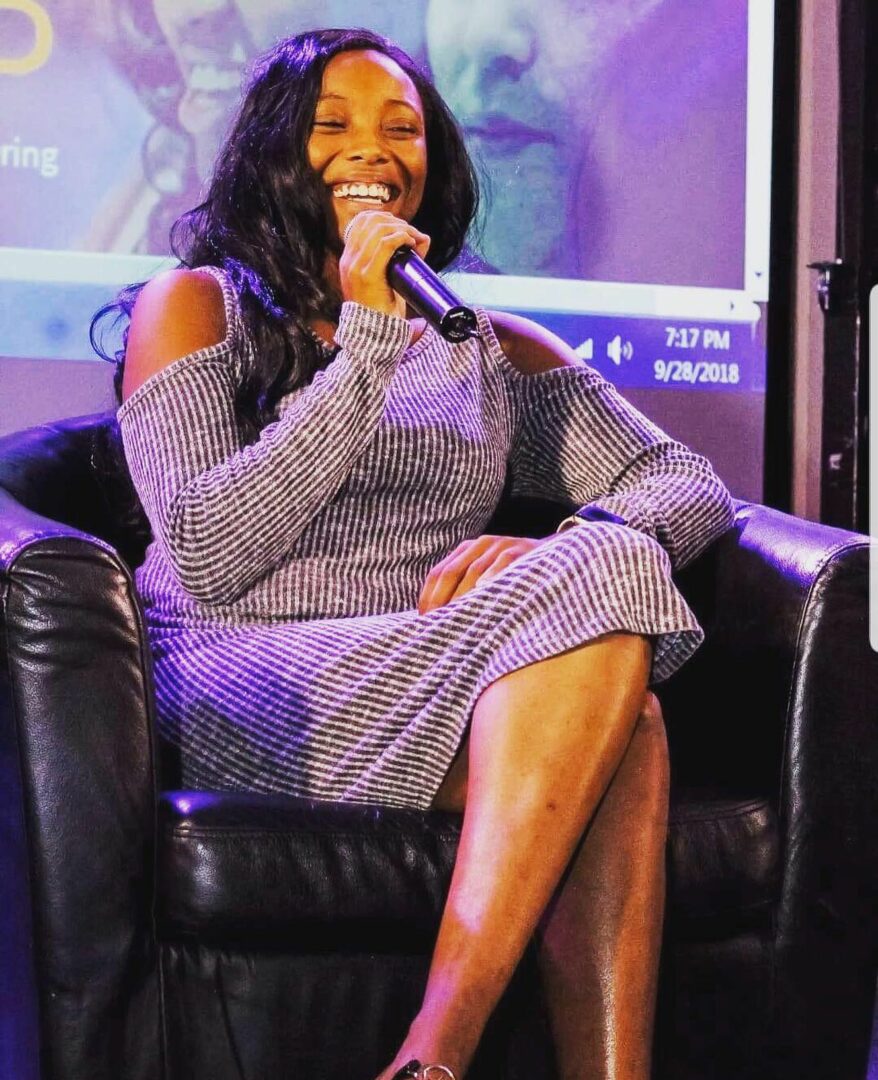
Let’s take a small detour – maybe you can share a bit about yourself before we dive back into some of the other questions we had for you?
At my core, I am an advocate, a creator, and a community builder. As the founder of Fenix Youth Project, I work to uplift and empower youth—especially those experiencing homelessness—by providing creative expression opportunities, leadership development, and direct support. Our programs, like the Youth Action Board and Outreach Services, ensure that young people on the Maryland Eastern Shore have access to resources, advocacy, and a platform to share their voices.
One of the most exciting aspects of my work is seeing young people step into their power. Whether it’s a youth discovering their talent at an open mic, securing stable housing, or leading an advocacy initiative, those moments remind me why I do this work. I believe that when we create spaces for youth to be heard, we shift entire communities.
Beyond my nonprofit work, I also host a monthly open mic for the adult community, creating a safe and welcoming space for artists to be artists. Whether you’re a poet, musician, comedian, or storyteller, this space is designed to uplift raw creativity and allow people to share their voices without judgment. It’s more than an event—it’s a movement of self-expression and connection.
Looking ahead, I’m excited about Legacy Night in February—an event celebrating resilience, culture, and impact during Black History Month and the Fenix Youth Project’s anniversary. We’ll be honoring changemakers, showcasing powerful performances, and building a movement of support for our youth programs.
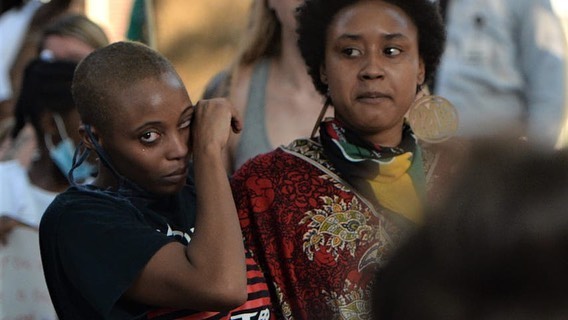
Looking back, what do you think were the three qualities, skills, or areas of knowledge that were most impactful in your journey? What advice do you have for folks who are early in their journey in terms of how they can best develop or improve on these?
The work I do—whether advocating for unhoused youth, building community spaces, or creating platforms for artists—comes with challenges. Funding gaps, systemic barriers, and moments of doubt are real, but resilience has kept me pushing forward. For those early in their journey: Learn to embrace setbacks as lessons, not failures. Surround yourself with people who remind you of your purpose, and take time to recharge so you can keep going
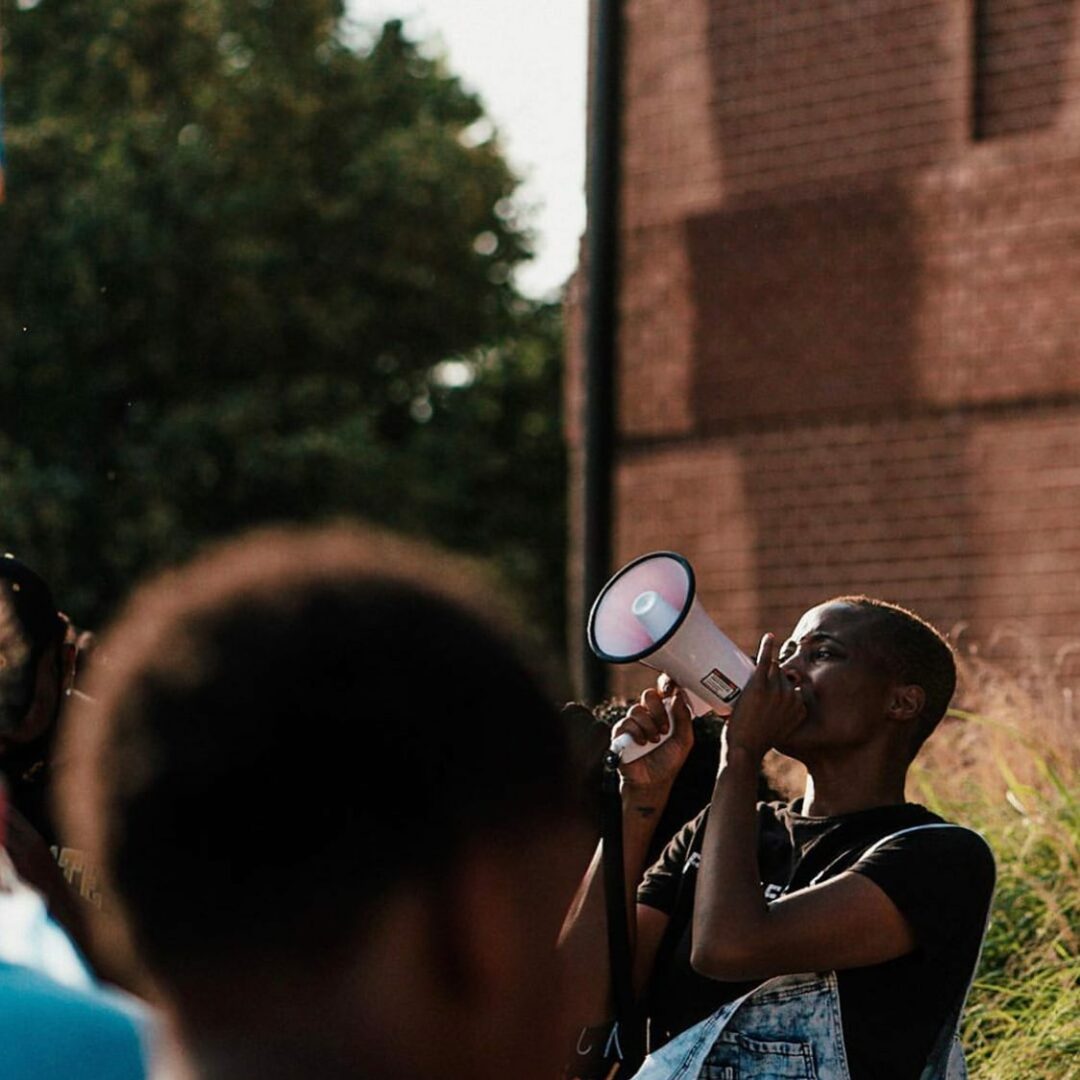
As we end our chat, is there a book you can leave people with that’s been meaningful to you and your development?
Black Like Me by John Howard Griffin made me more intentional about using my platforms to amplify voices, challenge systemic injustice, and create spaces where people can show up as their full selves. It also deepened my understanding of allyship—not as something performative, but as a lifelong commitment to equity and justice. Griffin’s journey made it clear that racism wasn’t just about personal prejudice; it was embedded in every part of society—jobs, housing, education, and daily interactions. This has shaped my approach to advocacy. It’s not enough to help individuals navigate these systems—we have to change the systems themselves.
Contact Info:
- Instagram: https://www.instagram.com/amsaidit/
- Facebook: https://www.facebook.com/amsaidit
- Linkedin: https://www.linkedin.com/in/amsaidit/
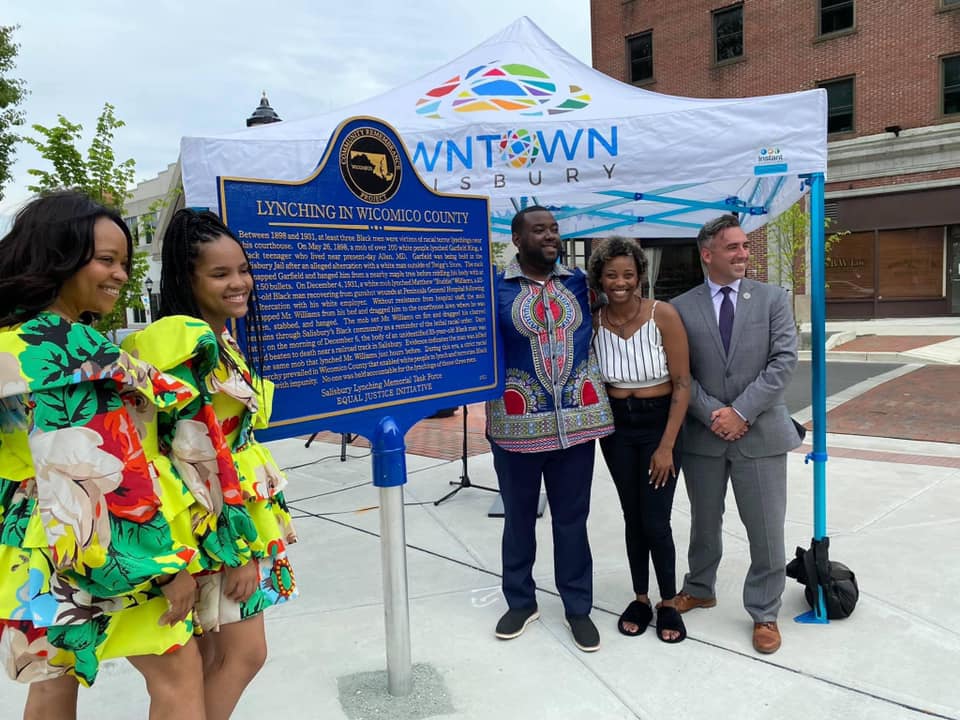
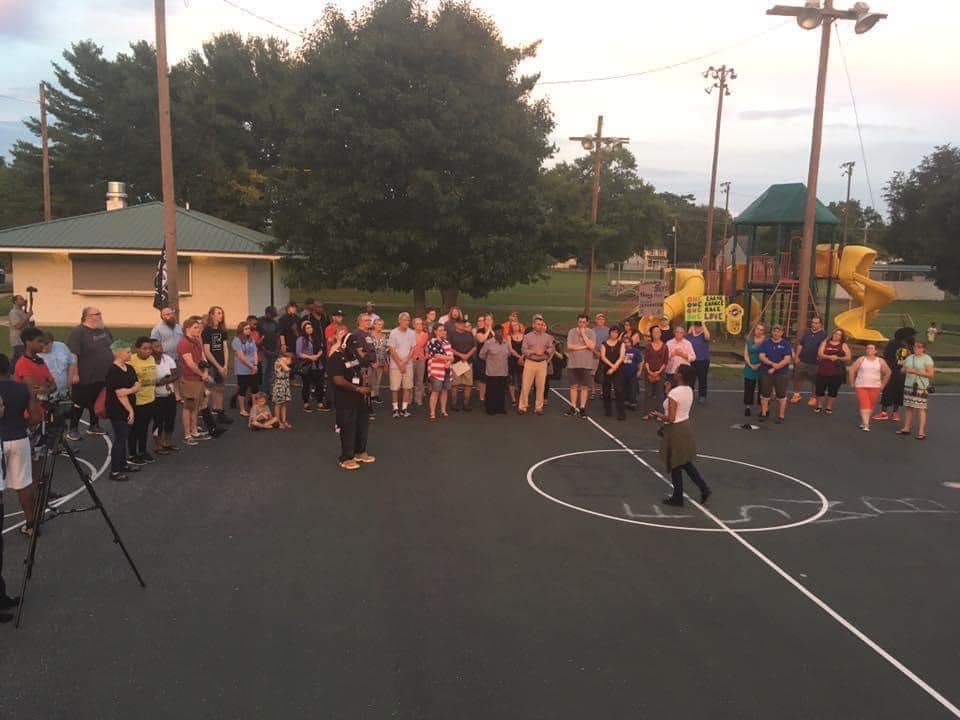
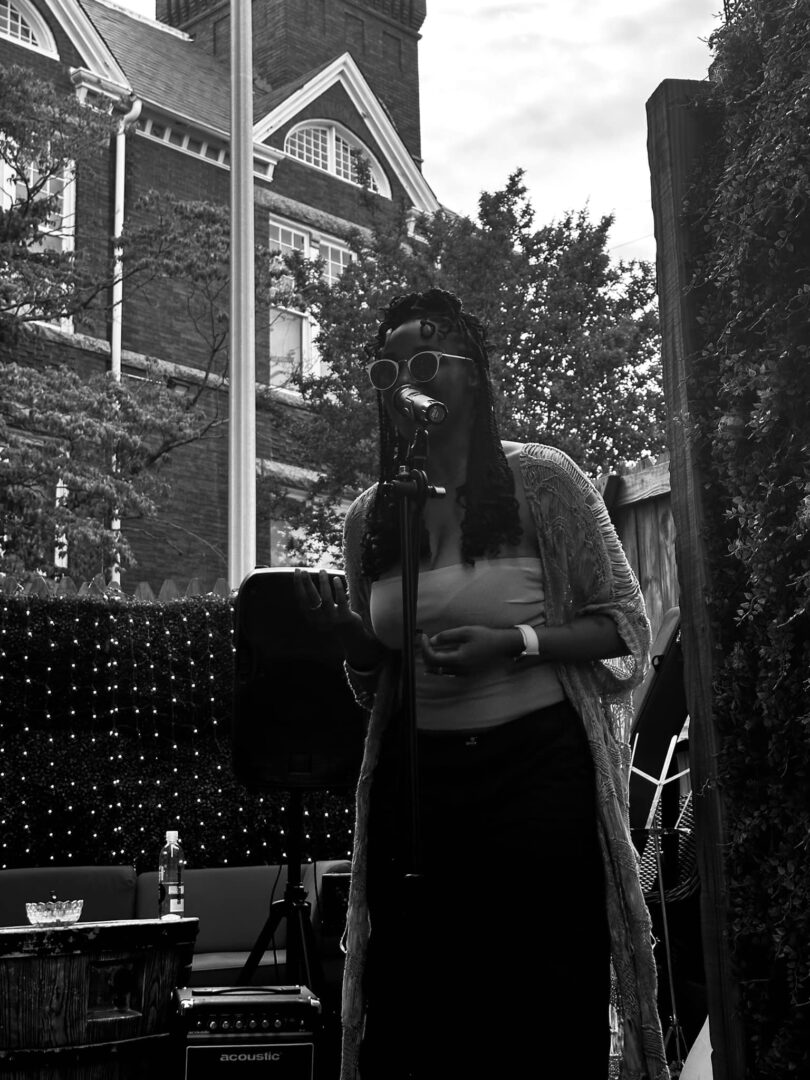
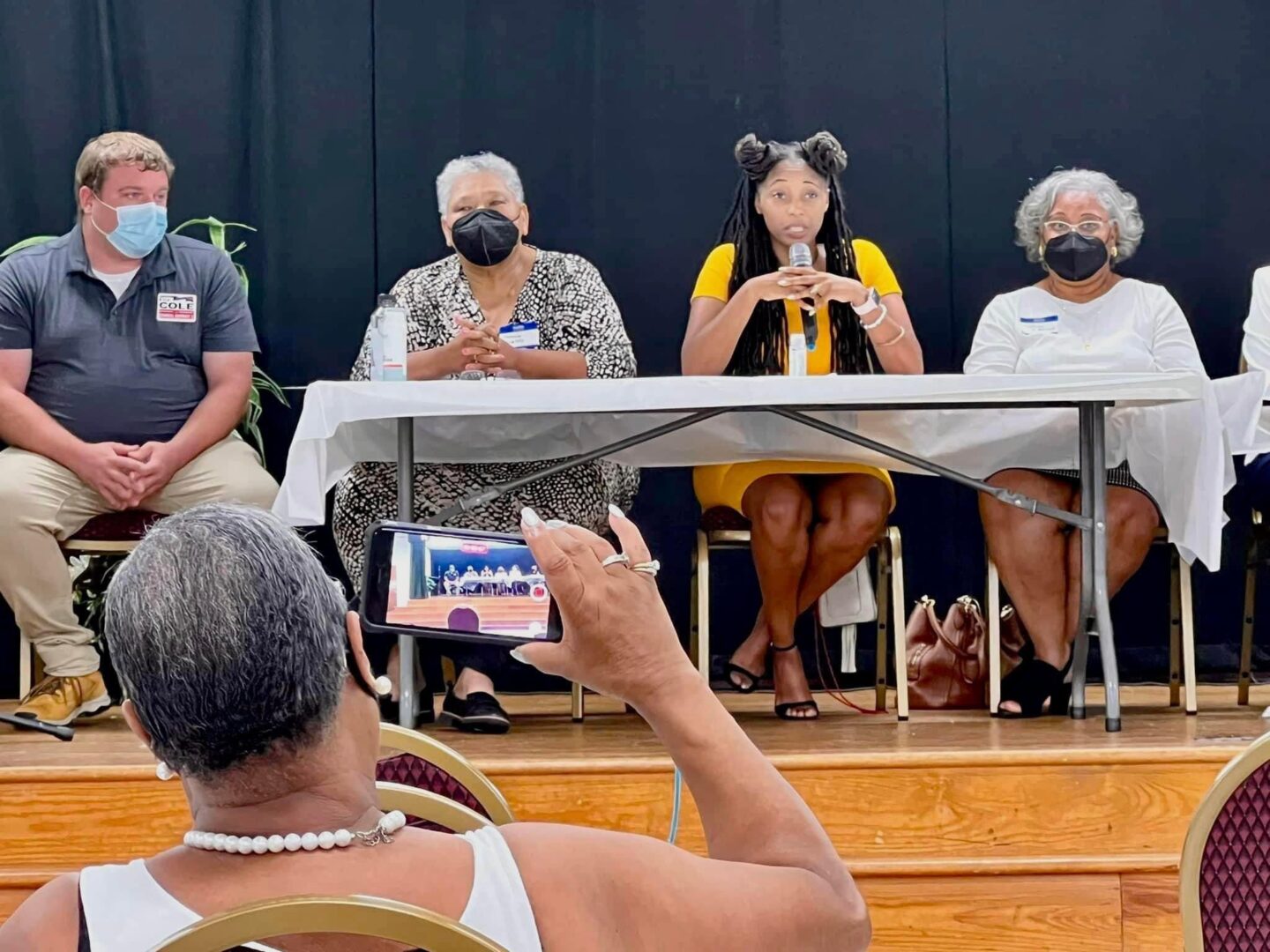
so if you or someone you know deserves recognition please let us know here.

